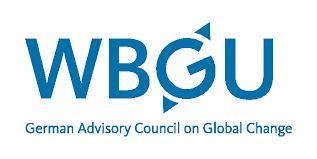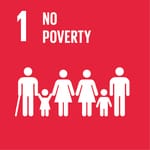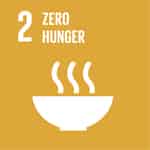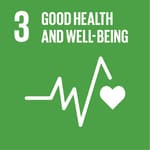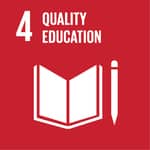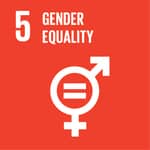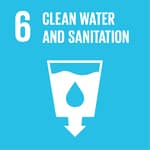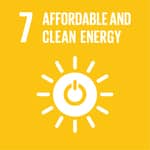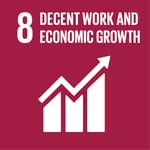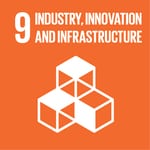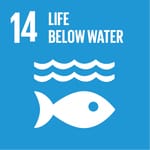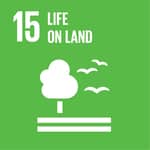Its principal tasks are to analyze global environment and development problems, evaluate national and international research in the field of global change, provide early warning of new issue areas, identify gaps in research and to initiate new research, monitor and assess national and international policies for achievement of sustainable development, make recommendations for action and research, and raise public awareness and heighten the media profile of global change issues. Formally the Wissenschaftlicher Beirat der Bundesregierung: Global Umweltverandereungen, the WBGU is an independent, scientific advisory body set up by the German government in the run-up to the 1992 Rio Earth Summit (UNCED).
Publications:
HIGHLIGHTS:
- Flagship Reports that provide in-depth scientific explorations of the overarching themes of global change and make recommendations for action and research. They comprise 200–600 pages. The federal government generally responds to these reports, and distributes them as official papers to the members of the German federal parliament (Bundestag) and council (Bundesrat). All are available in English and German, some in Chinese and Spanish
- FR 2021 Rethinking Land in the Anthropocene: from Separation to Integration – “Proposes five multiple-benefit strategies illustrating ways of overcoming competition between rival claims to the use of land. These should be promoted by five governance strategies, especially by setting suitable framework conditions, reorienting EU policy and establishing alliances of like-minded states. “
- FR 2019 Towards our Common Digital Future – “Sustainability strategies and concepts need to be fundamentally further developed in the age of digitalization. Only if digital change and the Transformation towards Sustainability are synchronized can we succeed in advancing climate and Earth-system protection and in making social progress in human development.”

